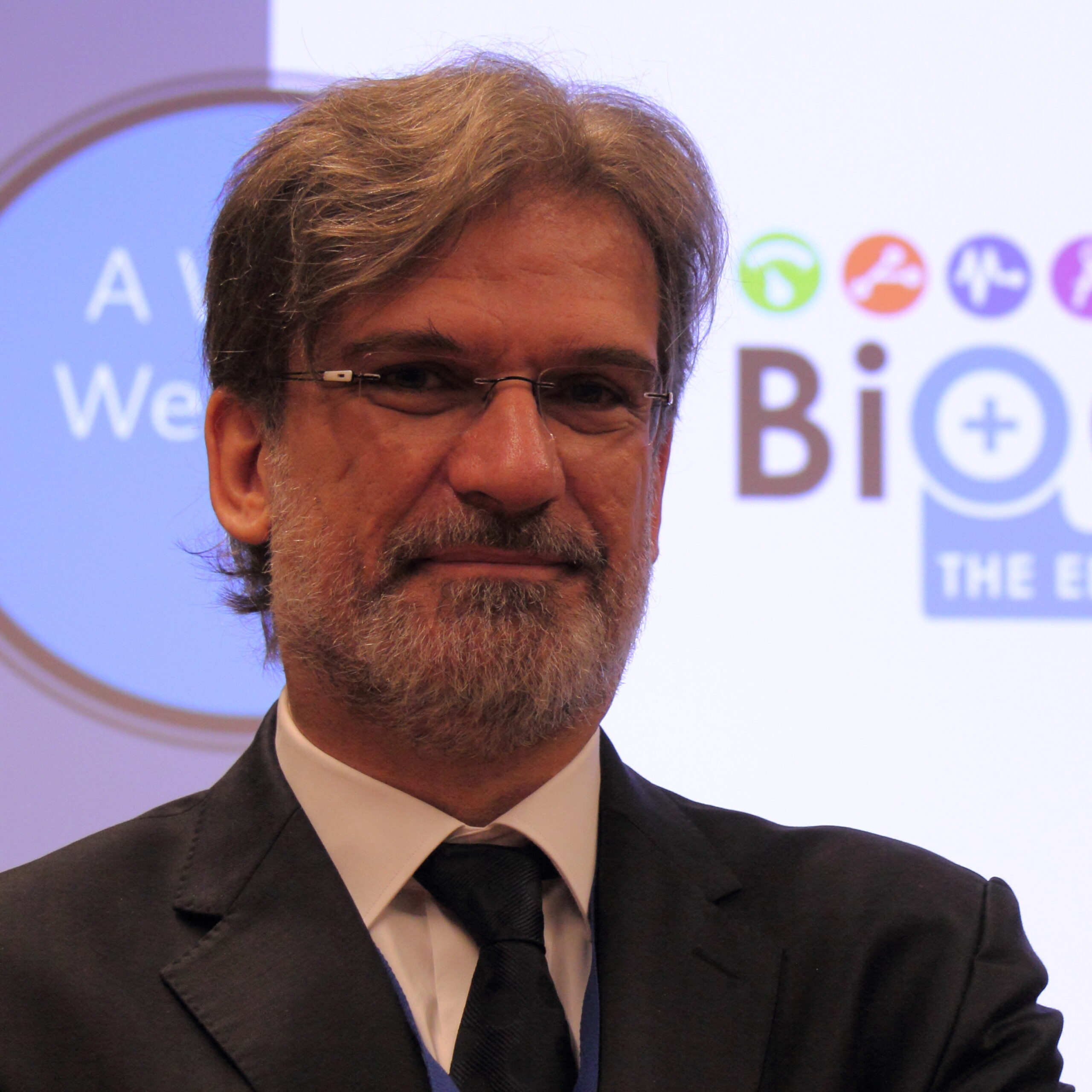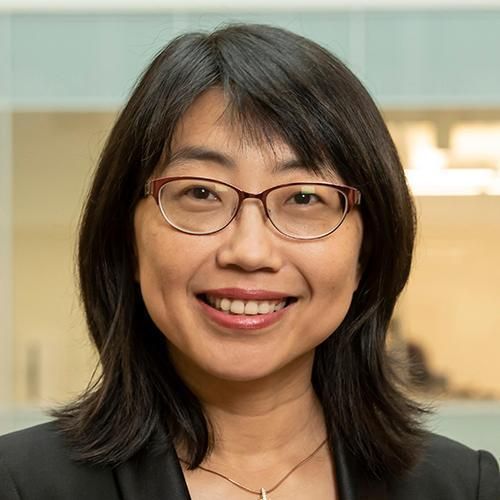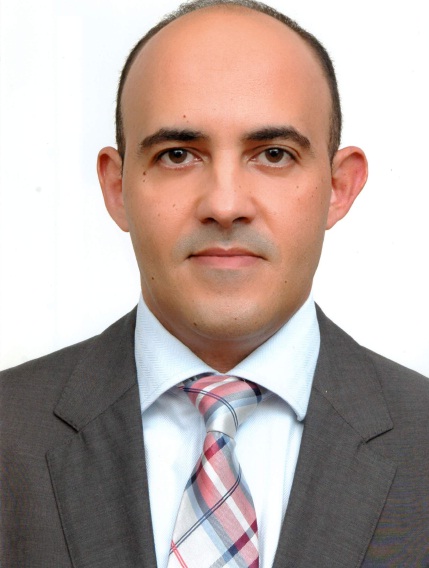️ Keynote Speakers
TITLE: Let the Plants do the Talking: Climate-Smart Agriculture listening the messages received from Plants and Soil

Pr Danilo Demarchi
Biography
Full Professor at Politecnico di Torino, Department of Electronics and Telecommunications. Micro&Nano Electronics, Smart System Integration and IoTs for the AgriFood Value Chain and for BioMedical Devices. Pioneer in Wearable Plant Sensors.
Visiting Professor at EPFL Lausanne (2019) and at Tel Aviv University (2018-2021).
Visiting Scientist (2018) at MIT and Harvard Medical School.
Leading the eLiONS (electronic Life Oriented iNtelligent Systems - http://elions.polito.it) Laboratory of Politecnico di Torino and coordinating the Italian Institute of Technology Microelectronics group at Politecnico di Torino (IIT@DET).
Founder and Editor in Chief of the IEEE Transactions on AgriFood Electronics - TAFE. Founder and General-Co-Chair of the IEEE Conference on AgriFood Electronics – CAFE.
Founder and Chair of the IEEE CAS Special Interest Group on AgriFood Electronics.
2023-2024 Distinguished Lecturer for the IEEE CAS Society.
General Chair of IEEE BioCAS (Biomedical Circuits and Systems) Conference in 2017 in Torino and founder of IEEE FoodCAS Workshop (Circuits and Systems for the FoodChain).
TPC Co-Chair of IEEE ICECS 2019, IEEE BioCAS 2021 and IEEE BioCAS 2022 conferences.
General Co-Chair of IEEE BioCAS 2023.
Founder of the Master's Degree in AgriTech Engineering at Politecnico di Torino.
Tenures of "IoT for Agriculture ", "Introduction to MEMS & BioMEMS", "Design of MEMS" and “Design about Food: Digital Sensors and Instruments for Design” at Politecnico di Torino.
Abstract
The IoT active connections in agriculture (as an example in Europe) are exponentially increasing, proving that Climate-Smart Agriculture (CSA or Precision/Smart Agriculture) is a very fast-growing research field, where more controlled quality production, water use optimisation, and a lower spreading of pesticides and fertilisers are some key issues, serving the improvement of food quality, but also helping the respect of agriculture for the environment.
To reach these targets, electronics are the perfect tool for interfacing the data sources, extracting and processing the data, and obtaining the needed information along the whole food chain: from the farmer and the professional stakeholders to the consumers.
In the Keynote, an overview of electronics for CSA will be presented, analysing the possible solutions that can bring important innovations, advancing the actual strategies based on remote or indirect measurements by instead of in-place measuring the plant and soil parameters (a.k.a. Let the Plants do The Talking). This new and disruptive technology, related to Wearable Sensors for Plants, the World Economic Forum has identified it as one of the “Top five technologies about to change the world”, indicating it as one of the key solutions to increase food production by 70% by 2050 to be able to feed the world population. Application scenarios for crop monitoring, water control, information communication and decision support will be presented. In particular, it will be analysed technologies for reaching the needed levels of low power and low cost and the efficient ones to be applied to AgriFood at the global scale, also supporting food security and sustainability.
TITLE: Big AI for Small Devices

Hai (Helen) Li
Biography
Hai (Helen) Li is the Marie Foote Reel E’46 Distinguished Professor and Department Chair of the Electrical and Computer Engineering Department at Duke University. She received her B.S. and M.S. degrees from Tsinghua University, and her Ph.D. degree from Purdue University. Her research interests include neuromorphic circuits and systems for brain-inspired computing, machine learning acceleration and trustworthy AI, conventional and emerging memory design and architecture, and software and hardware co-design. Dr. Li served/serves as the Associate Editor-in-Chief and Associate Editor for multiple IEEE and ACM journals. She was the General Chair or Technical Program Chair of multiple IEEE/ACM conferences and the Technical Program Committee member of over 30 international conference series. Dr. Li has received many awards, including the IEEE Edward J. McCluskey Technical Achievement Award, Ten Year Retrospective Influential Paper Award from ICCAD, TUM-IAS Hans Fischer Fellowship from Germany, ELATE Fellowship, nine best paper awards, and another ten best paper nominations from IEEE/ACM. Dr. Li is a fellow of IEEE, ACM, and NAI.
Abstract
As artificial intelligence (AI) transforms industries, state-of-the-art models have exploded in size and capability. However, deploying these models on resource-constrained edge devices remains a significant challenge. Smartphones, wearables, and IoT sensors face stringent limitations on computing, memory, power, and communication, creating a big gap between demanding AI models and edge hardware capabilities that hinders the deployment of intelligence. In this talk, we will re-examine techniques to bridge this gap and embed big AI on small devices. We will begin by discussing how the properties of various hardware platforms impact the design strategies of efficient deep neural network (DNN) models, such as quantization and pruning. Next, we will discuss techniques aimed at reducing the inference and training costs of distributed collaborative edge AI systems. Finally, we will delve into the underlying design philosophies and their evolution toward efficient, scalable, robust, and secure edge computing systems.
TITLE: Green Hydrogen: the next chapter in decarbonization of hard to abate sectors.

Dr Hicham Bouzekri
Biography
Dr. Hicham Bouzekri received his Electrical Engineer diploma from the Ecole Mohammadia d'Ingénieurs in 1995, a Master’s from the University of Florida in1998 and a Ph.D. from Texas A&M University in 2002 as a Fulbright scholar. Over the span of 15 years, he held several management and board positions in industry with SGS-Thomson, STMicroelectronics and ST-Ericsson. As an adjunct faculty at Al Akhawayn University, he consulted with international organizations and co-authored over 100 scientific publications and industry standards and is an IEEE senior member. He served as CEO of MAScIR a Moroccan national research laboratory in Microelectronics, Biotechnology & Nanomaterials and is currently MASEN’s director of R&D and Industry and President of the Board of IFMEREE, the national renewable energy training institute. .
Abstract
Climate change is a generational urgency that requires a global coordinated response. Yet, the ongoing unravelling of globalization calls for new regional constructs to tackle the climate emergency. From the economic sectoral perspective, even if clear inroads have emerged to address carbon emissions from electricity generation and passenger mobility, hard to abate sectors such as maritime transport, aviation and heavy industries are still lagging behind. In this talk, green hydrogen and its derivatives will be explored as the most promising pathway to decarbonize these sectors with a particular focus on the Europe-North Africa region.
